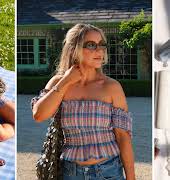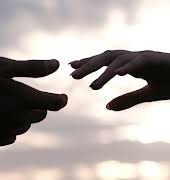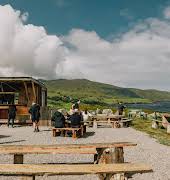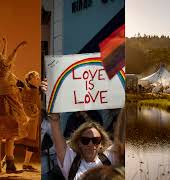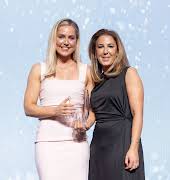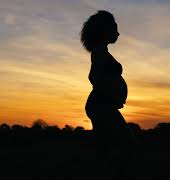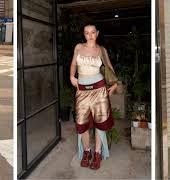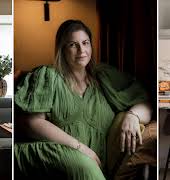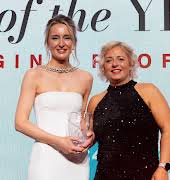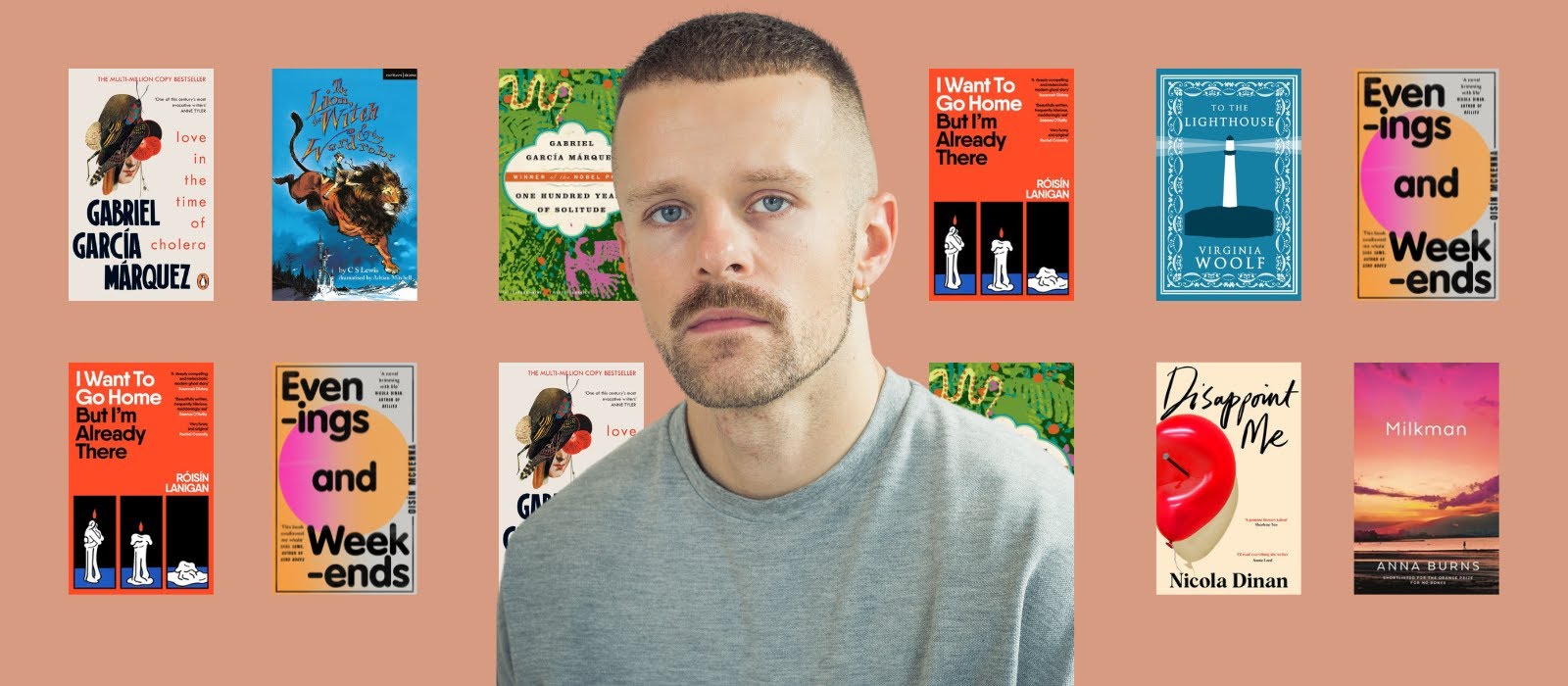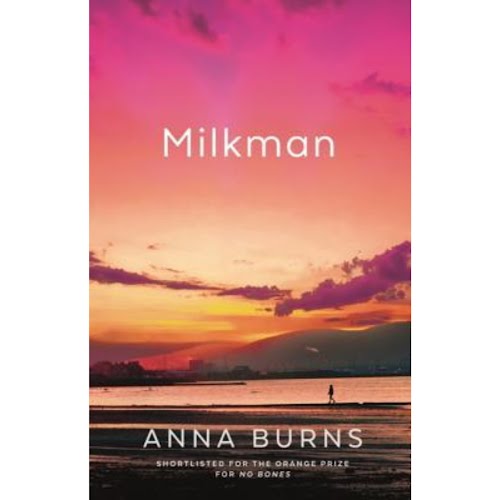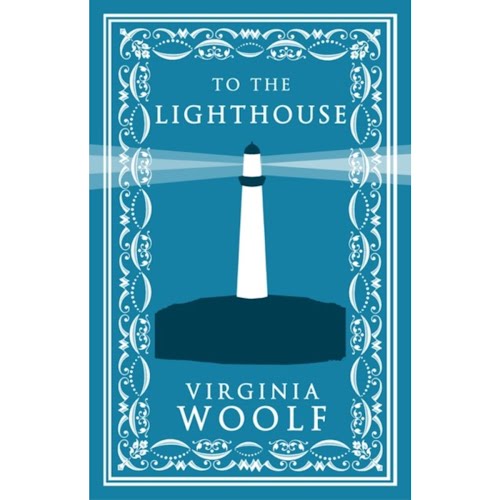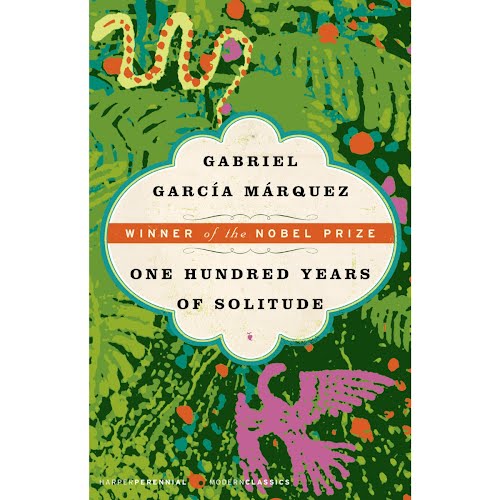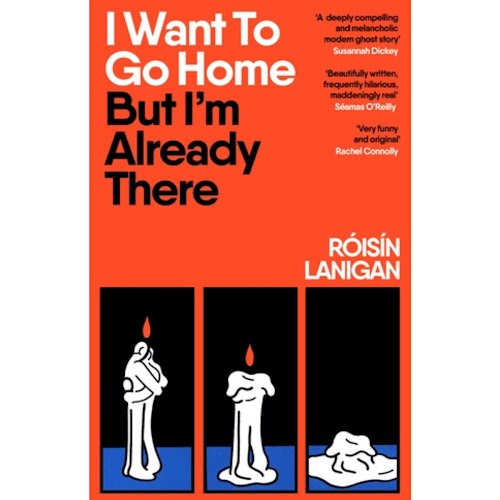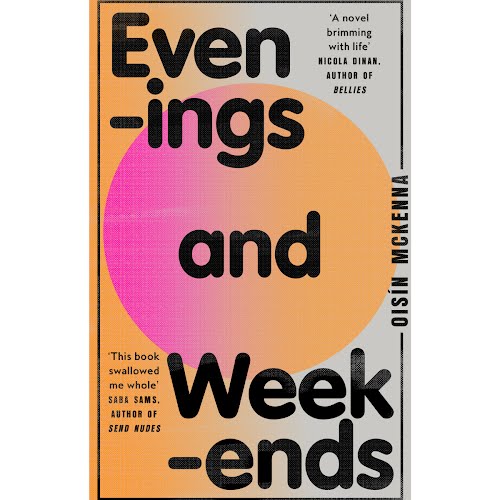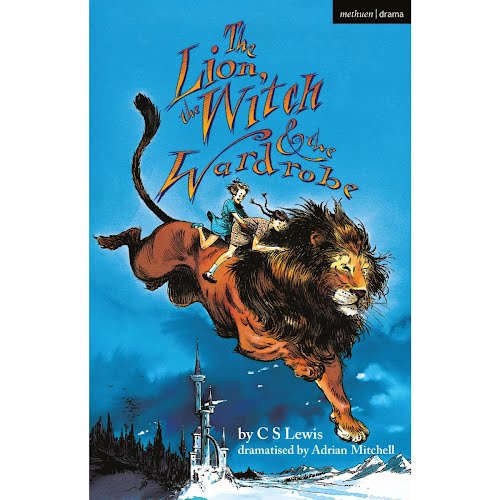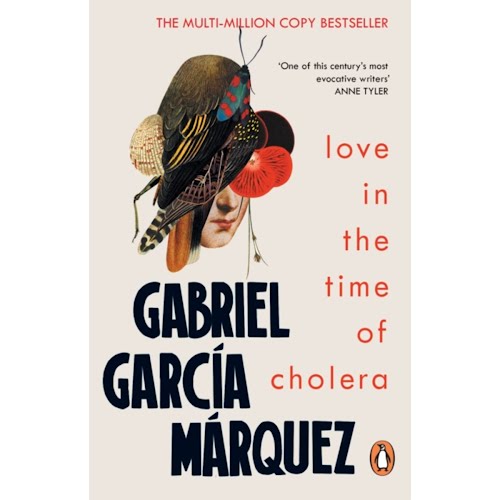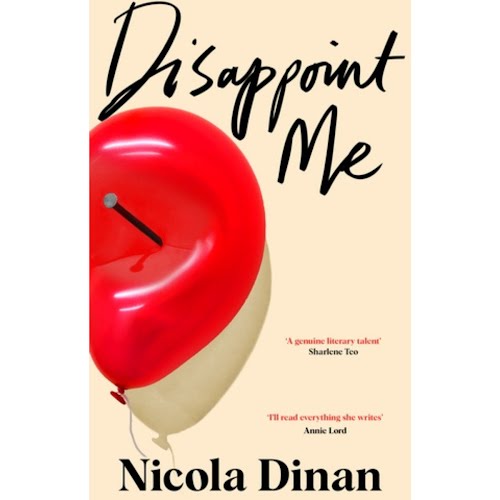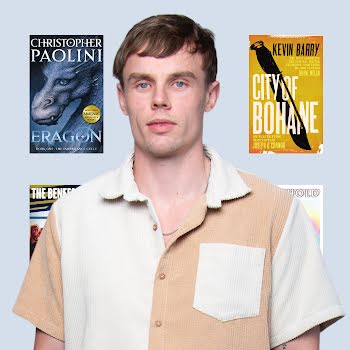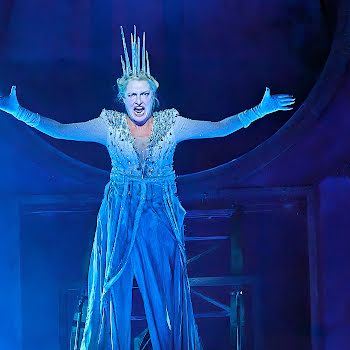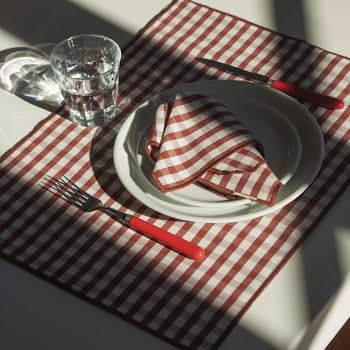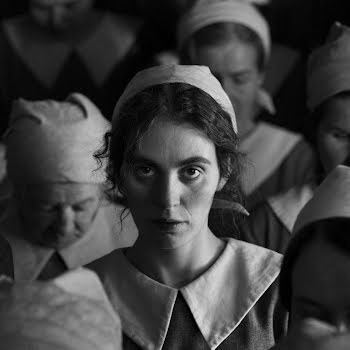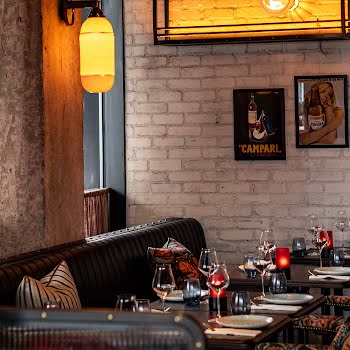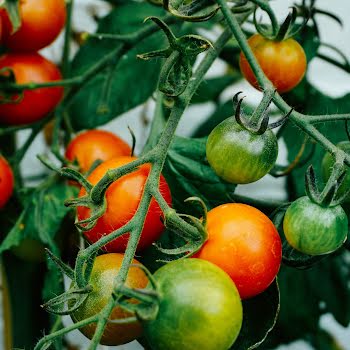Here, we sit down with Oisín McKenna to discuss beloved literary titles, writing process, and creating an electrifying debut novel that makes the reader want to go to a rave and call their mam all at once.
Oisín McKenna is a Drogheda-born, London-based spoken word artist, writer, and debut novelist who has, in my opinion, penned what was upon initial reading the book of the summer, but on closer reflection, the book of the year, in the form of Evenings and Weekends.
Set over one pivotal weekend in London, a blistering heat wave seems to make everything come to a head for the book’s central characters, each of which is teetering on the precipice of something new. There’s Maggie, pregnant, broke, and unready to leave her carefree city lifestyle behind, and her partner, Ed, a man fixated with death and pursuing contentment at all costs, even if it means sacrificing a crucial part of himself.
We meet Phil, who’s infatuated with Keith, and isn’t quite sure of the intricacies of becoming part of an open relationship. Battling with his own trauma and intimacy issues, he’s on a journey towards trusting himself and giving himself over to others, while his mother, Rosaleen, is struggling to find the words to tell him she’s got cancer.
Home, family, belonging, and self-acceptance are the central tenets of Evenings and Weekends, and during it all, a beached whale traces a circle around them all. At once heartbreaking and heartening, the inner world of each character is wholly fleshed out. Read on for our interview with Oisín…

Did you always want to be a writer? Tell us about your journey to becoming a published author.
I started writing when I was a kid. Around the age of seven. Even at that age I was very certain that I wanted to be a writer. I never really stopped wanting that. It’s been an important part of my life and I have never been able to imagine any other life. From my early twenties until my early thirties, I worked full-time in other jobs while making spoken word performances and theatre shows outside of working hours.
What inspired you to start writing?
It’s hard to say – I was very young! I was, and am, very shy – I probably wanted to write out a desire to feel understood through written language, given that I did not easily speak through verbal language.
Tell us about your book, Evenings and Weekends. Where did the idea come from?
It’s a tragicomic community drama about class, sex, love, and many other things. It’s set in London and follows a multi-generational ensemble of family and friends over the course of one heatwave weekend in June 2019 during which a whale is stuck in the Thames.
There wasn’t really a moment of inspiration or initiating idea – the book was written in a somewhat provisional way. When I started, I didn’t have any plot in mind, or really any characters – the main idea was that I wanted to write a novel at all, but nearly every element of what it might include felt contingent.
At the beginning, I had a set of political ideas I was interested in, some emotional textures, and formal devices that I wanted to play with, and I improvised a story out of them. I wanted to write something that felt propulsive and kinetic, like being hurtled through time, euphoric, tender, and pleasurable to read. I was interested in writing something that felt entertaining and fun without compromising on emotional depth or stylistic boldness or political teeth. I was interested in the realms of political possibility, and how people’s emotional lives are shaped by the economic and political conditions which govern the time they’re living through.

What do you hope this book instils in the reader?
There isn’t really any one thing. The thing that I most value in reading, and the metric by which I usually think about any artwork’s quality, is how alive it makes me feel. I like artworks that make the world and my life feel a bit more vivid and electrified and dense with feeling, if only briefly. So I’d love it if it gave some readers that feeling – that’s usually what I’m trying to do. A few people have told me that the book simultaneously makes them want to go to a rave, but also call their mam. That’s very nice to hear.
What did you learn when writing this book?
Lots of things. One of the most useful things I learned was that for most of my time working on this book, it felt like it wasn’t working and I struggled to make it do what I wanted it to do. It was only after two or three years that it started to work. There’s a useful lesson in that about resilience and not getting too down during difficult stages of a project.
Tell us about your writing process?
I write every day. I start at around 7am and go until 2pm. Then I exercise for a few hours and do edits and admin in the evening.
Where do you draw inspiration from?
My life and the lives of people I know, and the news, and populate culture, and literature and music.
What are your top three favourite books of all time, and why?
I don’t have a fixed list but I think Milkman by Anna Burns is the book I admire most and learn most from and take most pleasure in reading. Then, probably Virginia Woolf’s To The Lighthouse and Gabriel Garcia Marquez’s One Hundred Years of Solitude.
Who are some of your favourite authors, Irish or otherwise?
Virginia Woolf, Zadie Smith, Elena Ferrante, Eileen Myles, Gabriel Garcia Marquez, Claire Keegan, Anna Burns, Nuala O’Faolain, Paul Murray, Muriel Sparks. Many more.
What are some upcoming book releases we should have on our radar?
Róisín’s Lannigan’s I Want To Go Home But I’m Already There is coming out next year and it’s a must read. Also Nicola Dinan’s Disappoint Me is brilliant.
What book made you want to become a writer?
I don’t really remember! The Lion, The Witch and The Wardrobe was the first book I remember loving, but I wanted to be a writer before that.
What’s one book you would add to the school curriculum?
Milkman by Anna Burns – if it’s not already on the curriculum.
What’s the best book you’ve read so far this year?
I read Love In The Time of Cholera by Gabriel Garcia Marquez for the first time and I love it.
What’s some advice you’ve got for other aspiring writers?
The most important thing to me is nurturing a playful, expansive, enjoyable, rigorous relationship with my own daily practice of reading and writing, and protecting my writing time from the turbulent emotions that can come from external approval or disapproval.
Lastly, what do the acts of reading and writing mean to you?
I’m not sure. I read and write compulsively – there isn’t really a clearly discernible meaning or reason. It’s just something I do and have always done. I suppose it’s for pleasure and stimulation, and it gives me novel ways to think about the world. I also write out of a desire to be understood, and by extension, to feel connected to others.
Oisín McKenna is shortlisted for Sunday Independent Newcomer of the Year in the An Post Irish Book Awards.
Portrait of Oisín McKenna by David Evans


